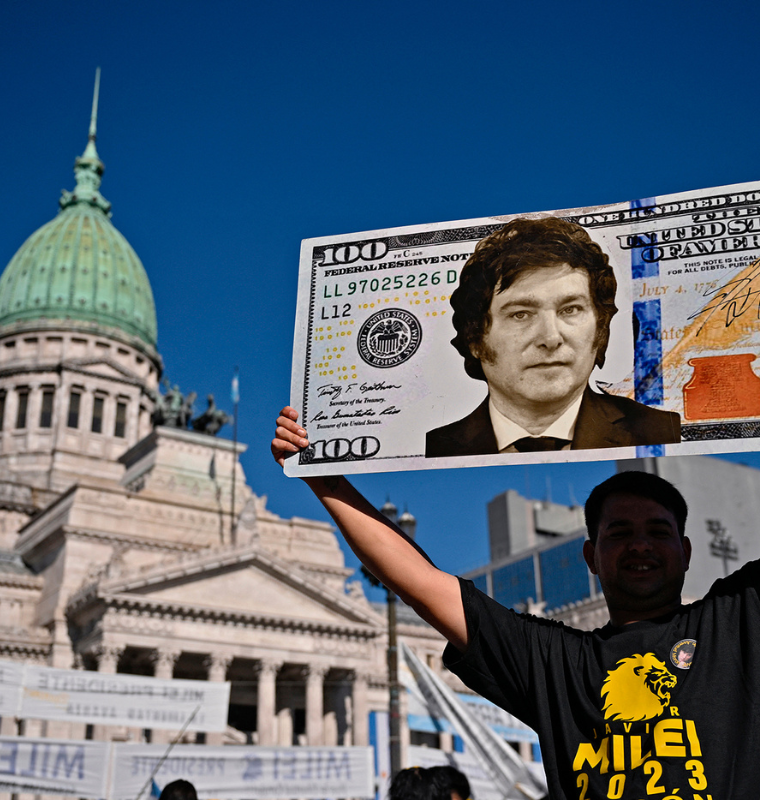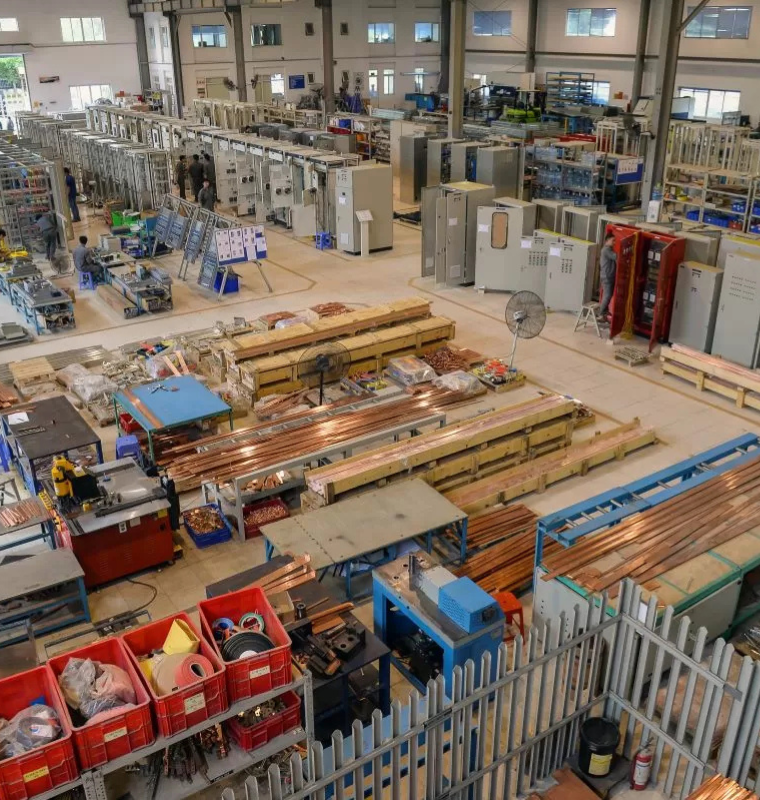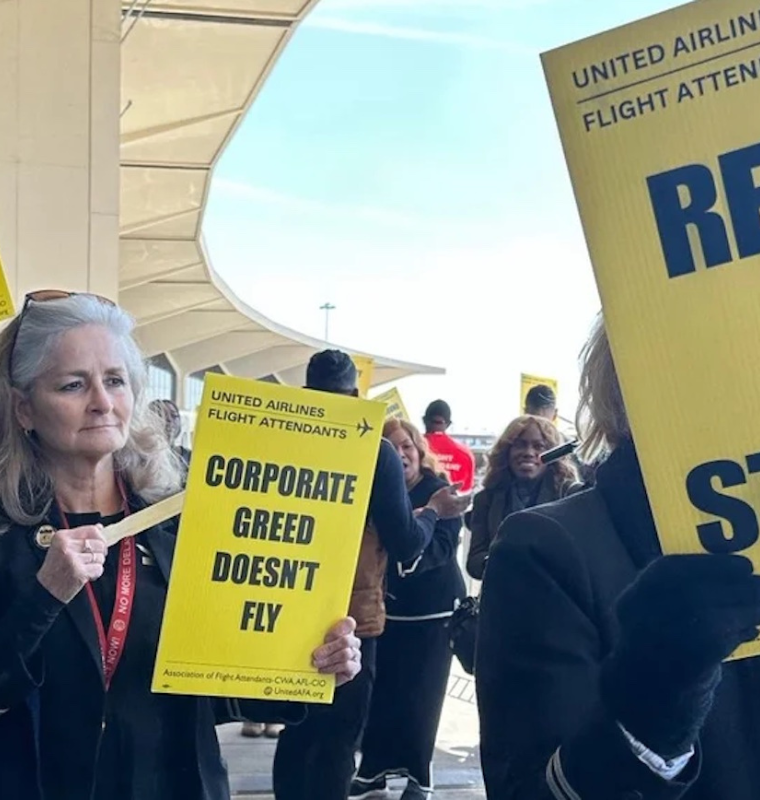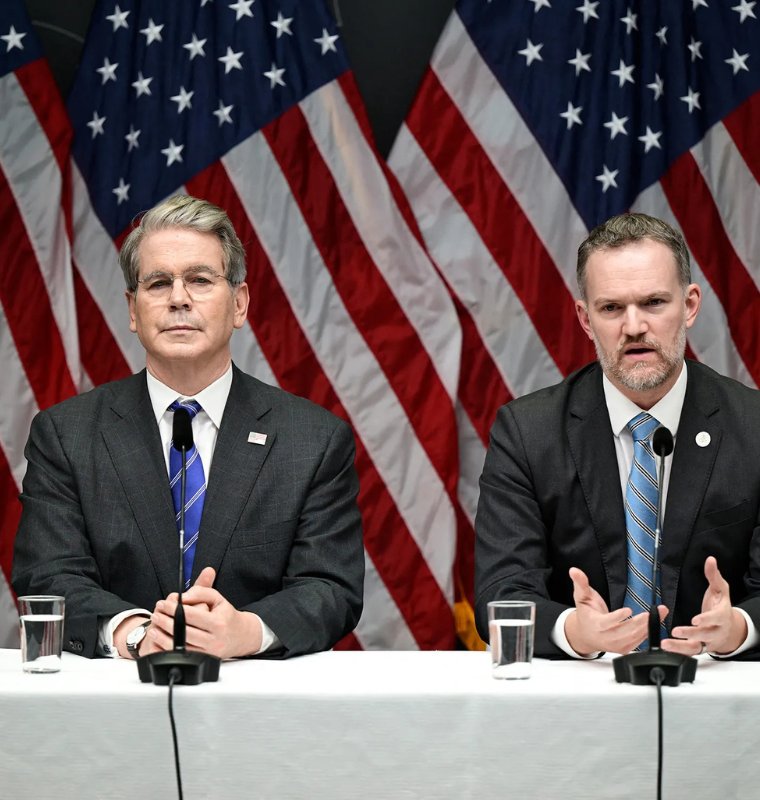Trump Says Striking a Deal with Xi Jinping is ‘Extremely Difficult’ as U.S.-China Trade Talks Stall
Trump Says Striking a Deal with Xi Jinping is ‘Extremely Difficult’ as U.S.-China Trade Talks Stall
By
Junia Wells
Last updated:
June 4, 2025
First Published:
June 4, 2025

Photo: KTLA
Tensions Mount as Trump Calls Xi “Extremely Difficult” Amid Frozen Trade Talks
In a sharp tone that underscores escalating tensions between the world’s two largest economies, U.S. President Donald Trump said Wednesday that negotiating with Chinese President Xi Jinping remains “extremely difficult,” casting doubt over the progress of bilateral trade discussions.
The comment comes during a week of mounting speculation that both leaders might speak directly to resolve the ongoing trade impasse that threatens global economic stability.
Growing Frustration in Washington
A senior White House official revealed earlier this week that President Trump and President Xi were expected to have a phone conversation, although as of midweek, no official confirmation had been provided. The timing is critical: the U.S. and China remain locked in a prolonged standoff over trade commitments made during a high-stakes meeting in Switzerland on May 12.
That agreement had promised a 90-day freeze on new tariffs and a rollback of key trade restrictions from both sides. Yet according to U.S. officials, China has not followed through on key provisions, especially concerning the easing of export restrictions on rare earth materials—critical components in electronics, defense, and clean energy manufacturing.
Trump’s Tough Tone
In a post on Truth Social, Trump reiterated his respect for Xi but expressed deep frustration:
“I like President XI of China, always have, and always will, but he is VERY TOUGH, AND EXTREMELY HARD TO MAKE A DEAL WITH!!!”
Trump’s statement is reflective of a broader sentiment in Washington, where officials are increasingly vocal about what they describe as Chinese backtracking.
Scott Bessent, U.S. Treasury Secretary, said Thursday that “talks are currently stalled,” emphasizing that “it’s likely only the two presidents can break the deadlock at this point.”
Beijing Fires Back
Beijing has pushed back against U.S. criticism. During a meeting with new U.S. Ambassador David Perdue, China’s Foreign Minister Wang Yi called on Washington to “meet China halfway.” Wang claimed that recent U.S. actions—including visa cancellations for Chinese students and ongoing tech export restrictions—are “unjustified” and undermine bilateral goodwill.
According to an official Chinese readout, Ambassador Perdue reiterated Trump’s “respect” for President Xi, while also stressing the need to keep communication lines open. Wang Yi emphasized that cooperation should be grounded in “mutual respect and equality.”
Analysts See Strategic Signaling
Neo Wang, lead China strategist at Evercore ISI, noted that Beijing’s public release of the Perdue meeting and its call for dialogue signals that a phone call between the two leaders may be imminent.
“This is Beijing trying to show it's willing to talk—but only if it’s confident Xi won’t be publicly embarrassed by Trump,” said Wang. “The Chinese side wants to ensure the optics are managed carefully.”
This potential phone call would be the first between the two presidents since January, shortly before Trump’s second term began. Despite Trump’s recent assertions that he is open to speaking with Xi, experts believe China won’t move forward without solid assurances from the White House.
Larger Implications Loom
The U.S.-China standoff has already rattled global markets. A prolonged dispute could lead to steeper tariffs, disrupted supply chains, and slower global growth. Washington continues to emphasize its trade concerns, but has also broadened the conversation to include issues like the illegal fentanyl trade and border security—topics that complicate negotiations further.
Ambassador Perdue said in a post on X (formerly Twitter) that he communicated America’s key priorities to Wang Yi and stressed the need for transparent and regular diplomatic contact between the two powers.
As the clock ticks on stalled trade progress, the world watches closely for any signs of de-escalation. Whether Trump and Xi can restart meaningful dialogue remains uncertain—but the urgency is growing. With more than $700 billion in two-way trade at stake and ripple effects touching every major global economy, the pressure is mounting for both leaders to find common ground.
Popular articles
Subscribe to unlock premium content
Fashion Waste and Sustainability in Fast Fashion Are Forcing a Global Industry Reboot

The Rise and Fall of Argentina’s Economy Reflects a Cycle of Promise and Crisis

Vietnam’s Manufacturing Boom Is No Accident and It’s Just Getting Started

Fashion Waste and Sustainability in Fast Fashion Are Forcing a Global Industry Reboot

The Rise and Fall of Argentina’s Economy Reflects a Cycle of Promise and Crisis

Fashion Waste and Sustainability in Fast Fashion Are Forcing a Global Industry Reboot









